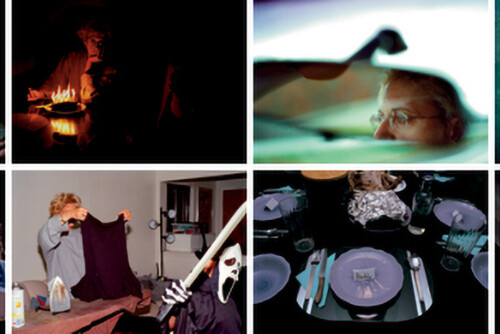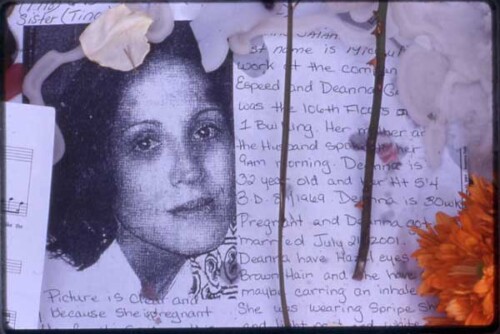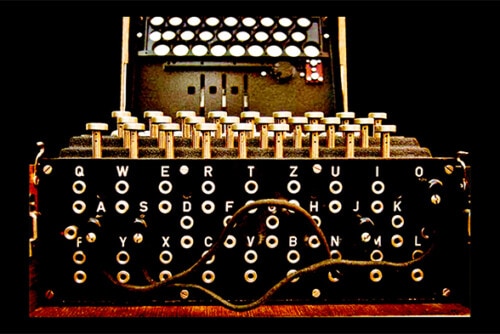Concluding Reflections from my Own Experience
Through the guidance and support of the Annie E. Casey Foundation and the network of knowledgeable, dedicated, and compassionate leaders in the field working on behalf of children with incarcerated parents, I have been afforded an incredible opportunity to continue to champion this issue as a former child of an incarcerated parent. To do this work as someone who was directly affected by the issue feels self-serving to me in many ways. I have benefited from sharing my story, recalling events and feelings that should have surfaced and been addressed when I was a child, but likely would never have, had I not been given the opportunity to do this work.
As I mentioned in the beginning of this article, it wasn’t until I began working on this issue that I shared my personal experiences with others. No one, not even at the Foundation, knew my father had been incarcerated. This was not a secret I kept by design; it honestly never occurred to me that it could—or should—have any bearing on the work I was doing. It wasn’t until I read Nell Bernstein’s book, All Alone in the World: Children of Incarcerated Parents and heard Liz Gaines speak about the effects of incarceration on children at a September 2006 consultative session on reentry hosted by the Annie E. Casey Foundation that I made the connection between my own life experiences and the Foundation project with which I was assisting. However, even after that realization, I must admit I struggled to understand my own value in speaking or advocating on behalf of this population. I chalked it up to the need for a “bad girl gone good” success story. For all intents and purposes, I do look successful—at least on paper, but I remained very disconnected from any experiences and feelings related to my father’s absence, incarceration and death, as well as other traumatic events like my mother’s arrest and the incarceration of several close family members.
It wasn’t until my recent opportunity to view the film Shadows: Children, Families and the Legacy of Incarceration that I truly began to understand the effects of parental incarceration on my life. I saw a piece of myself in every child featured in the movie. It was a bittersweet moment, for it was the first time I felt the intense pain of loss and how it has navigated my life, to a large extent, without my conscious awareness. It was the first time I was able to recognize and get angry about the precious time my father and I both lost due to his incarceration and grapple with the questions of why and to what end? And, it was the first time I did not feel completely and utterly alone. I wept that entire night and into the next day, for myself, and for all the children and families who live with the legacy of incarceration.
Even though my father is deceased and I am 38, that night I decided I want to know him. When he wasn’t incarcerated, I didn’t see him much and I have always felt tentative about asking other family members questions about him. During recent inquiries, I’ve learned that my father was flawed in significant ways and many loved him. As one family member recently told me, “He was a great person who never knew it.” At that moment I understood my father, myself, and the legacy we share.
People often ask me what I needed or what would have been most helpful to me while growing up with a parent who was incarcerated. I do not know for certain. I can report on what research has shown; I know of the good work being done in the field. Now I know that for me, I needed to understand my father to make sense of myself.
I have spent my life vacillating between feeling like there is nowhere I belong and trying to fit perfectly everywhere. Perfection, of course, can never truly be achieved and, thus, as a child and an adult, I have found I often land in the most familiar territory, feeling like I am inherently “bad”—worthless, invisible, alone—running from something I could never comprehend, or anxiously trying to fix something that can never be mended. “Stacey, you are just like your father,” droning in the background all the while.
Yes, my father—good, bad, troubled, abused, addicted—all that he was, is a part of me too. I wish he had had the opportunities and support he needed to improve that list.
What did I need? Hope perhaps. Hope that the sting of loss would subside; hope that life can be different. I think there are many ways to impart hope to children—art, faith, education, mentorship, stability, social support, to name just a few—but most of all through loving parents, even if they are incarcerated.
Hope is a powerful thing. It means that we don’t give up on the great potential we have for growth and change in ourselves or others. It, too, can be a legacy. There is no prescribed method or direct path for imparting or acquiring hope of which I am aware, but I know for certain, and from experience, that no stone should be left unturned.


